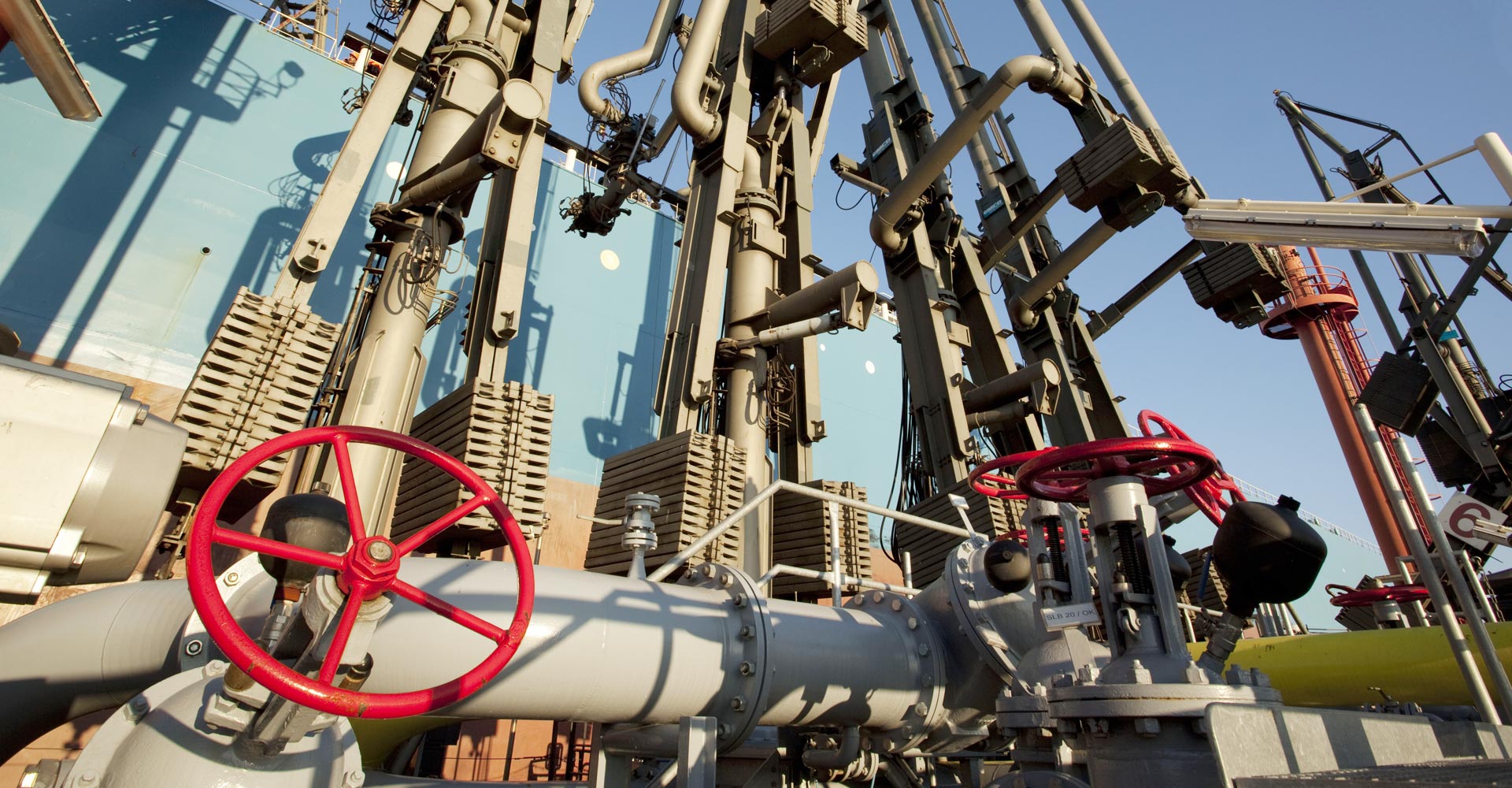ISO 9001
ISO 9001 is an internationally recognized quality management standard that specifies requirements for a quality management system that must be met by companies* to fulfil customer expectations and requirements for products and services. So applying this standard should support companies to become more efficient and increase customer satisfaction. The standard was first published in 1987 by the International Organization for Standardization (ISO) and is part of the 9000 family of standards, which defines the principles for quality management measures.
Like all ISO standards, ISO 9001 is based on the plan-do-check method to achieve a continuous improvement process. This is also reflected in the structure of the latest ISO 9001:2015, which is comprised of seven thematic components:
- Context of the organization/company
- Management
- Planning
- Support
- Operational planning and control
- Assessment of performance
- Improvement
Organizations, companies and individual sites of any size and type can be certified based on the ISO 9001 rules and regulations. Certification by an authorized certification body serves to verify the correct application of the standard, so that this can be communicated to internal and external stakeholders.
The international standard has undergone multiple revisions. The last major revision was carried out in 2015. The latest revision firstly includes editorial changes such as the standardization of the language and the new “high level structure,” which now corresponds to the basic structure for management system standards specified in the ISO directives. Secondly, its content has been adapted to the current state of quality management systems, and takes the company context and stakeholders more into consideration. A three-year transitional period has been set for the introduction of the new ISO 9001:2015. During this period, both the old ISO 9001:2008 and the new standard are valid.
In addition to the international, English-language edition of the standard, there are other European versions. In Germany, the German Institute for Standardization (Deutsches Institut für Normung – DIN) transferred the standard into the currently valid ISO 9001:2015-09, which was published on September 1, 2015.
Selected Mabanaft and Oiltanking operational sites have integrated an ISO 9001-certified quality management system. Other sites and companies in the Marquard & Bahls Group have organized their management processes in a very similar way, but have not sought ISO 9001 certification.
*The standard applies both to companies and organizations, but has greater relevance for companies.
Status: December 2015
All information subject to change. Errors and omissions excepted.

